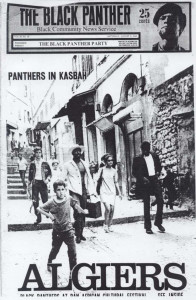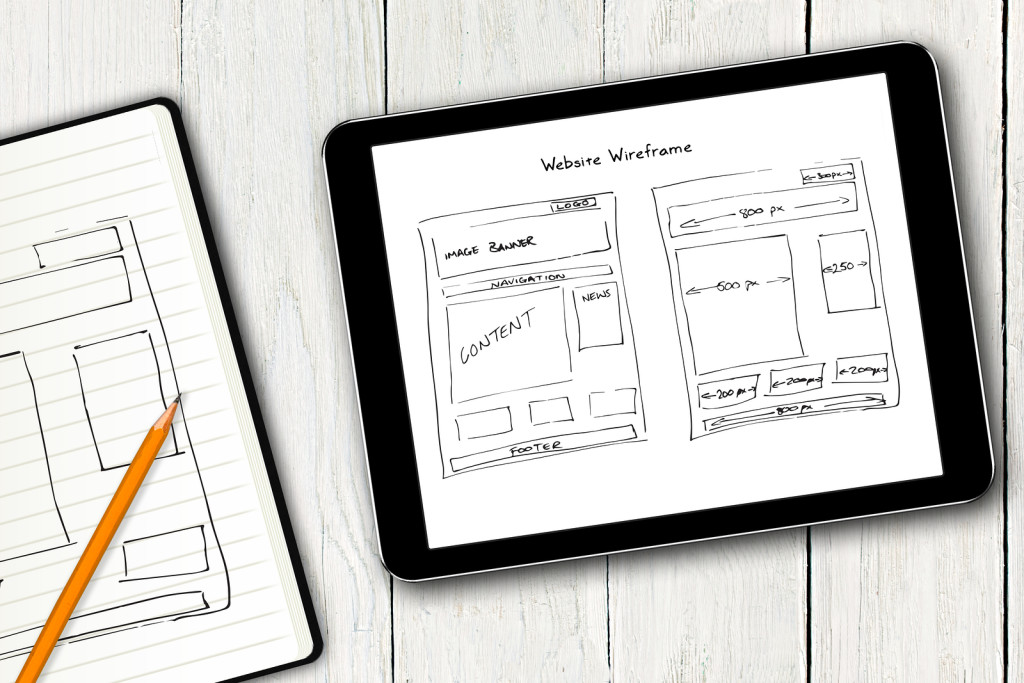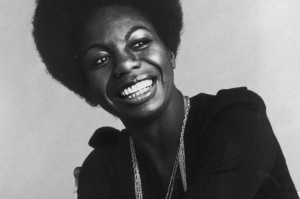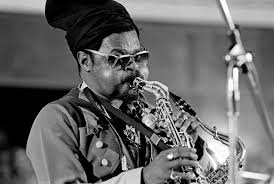Do You Have Your Digital Citizenship?
 Last week I went to a dinner party with other families where the conversation naturally gravitated to getting kids ready to get back into school mode. A couple of mothers were concerned about and asked me how their tween daughters can use the Internet safely and responsibly.
Last week I went to a dinner party with other families where the conversation naturally gravitated to getting kids ready to get back into school mode. A couple of mothers were concerned about and asked me how their tween daughters can use the Internet safely and responsibly.
I usually teach something called “digital citizenship” to all my students in my basic computer literacy classes. Some of these tips are based on my own experiences – both good and bad. Here are the citizen tips I gave to the concerned mothers:
Branding
Like I discussed a couple of weeks ago, online personal branding is very important today. What you say and do today online give others a perception – both good and bad. Most kids don’t realize that their actions on Facebook or Instagram permanently stay online, and can affect them later in life, like getting accepted into college or getting a job. It is always better to side on your conscience. I always say that if you are not sure you want to say or post something online because it might be seen as offensive, go with your gut feeling.
Password Security
Make sure your kids know how to create secure passwords for all their various social media profiles. This is especially important for online banking and email accounts. Having a hard time remembering all your passwords? Use LastPass or other apps that allow you to safely store your passwords.
Images
Kids (and everyone for that matter) love taking pictures on their mobiles, but it is not a good idea to post every type of image online. Images that reveal where you live can entice some really creepy people. It’s a good idea to turn off the geotagging feature. Also, don’t post provocative (sexual, violent etc.) images. In many municipalities, sharing sexually explicit images online, especially of minors, can get you arrested and put on the sex offender registry!
Private Information
It’s a given to not share home addresses, private phone numbers and emails online. But you also want to be careful about sharing information about your family members online as well. There is a reason I don’t really talk about my private life online. Also, be careful about revealing too much about routine behavior, like where you go for your coffee or morning jog. If you go on vacation or leave your home for any extending period for any reason, it’s better to wait until you are home to share your vacation pictures. Don’t inadvertently let potential burglars know when you are not home.
Friends
You might have thousands of “friends” or followers on Twitter or Facebook, but I am pretty sure most of them are not actually your friends. Heck, you may not have actually met most of them in person. If you don’t know someone who is seeking a friend request, carefully vet that person. You are not obligated to be “friends” with everyone online.
Online Protection
Teach your kids about viruses, malware and how to protect themselves from identity theft.
Intellectual Property
The Internet has made it easier to use someone else’s words or images without giving the author credit. It’s a good idea to learn and understand basic copyright law at Creative Commons so you don’t run into a problem later.
Fact vs. Fiction
If you find something online that is too good to be true, it most likely isn’t. Not everything you see online is true or a truthful source. Wikipedia is a great resource, but because it is mostly an open source website, a lot of stuff there is false, erroneous and just plain wrong. Vet and verify information you find online. I like using a website called Snopes to get the truth.
General Netiquette
The lines between our professional and personal lives are blurring more and more every day. How you talk to your boss in an email is not the same as how you text your buddies on a late night. Also, the Internet is global; pretty much anyone in the world can see your social media or websites. Be careful about using colloquialism and double entendre online. What might be a silly joke among your American “friends” might be taken the wrong way by someone else living in another country.
I may have rained all over your digital parade, but this is the new normal of dealing in cyberspace, and the moms definitely took note. Everyone should be a responsible digital citizen!



